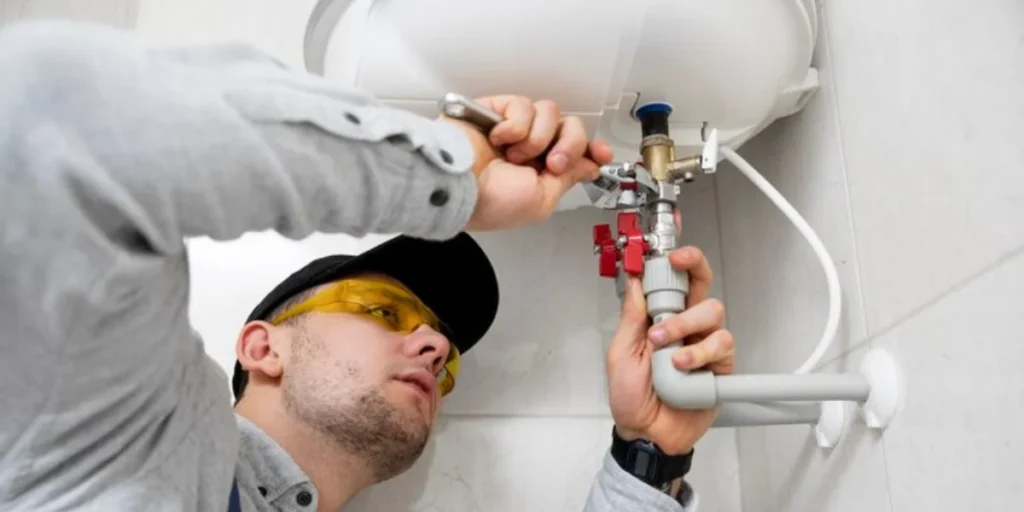A water heater uses a heat source to heat up cold water, presenting heat water for various household uses. The heating element inside the water heater heats the cold water stored inside the tank, raising its temperature to the popular level.
A pressure consolation valve is set up in maximum water warmers to launch extra strain that might build up in the tank. If you’re curious to analyze extra approximate water heaters or are considering setting one on your own home, test out https://www.handymansingapore.net/water-heater-installation/ for whole setup.
Maintenance Tips for Optimal Performance
Regular preservation is the key to keeping your water heater and performing optimally. One critical tip is to flush the tank for at the least twelve months to keep away from sediment buildup which can have an effect on its efficiency.
Another step is to periodically take a look at and alter the temperature settings to make certain its set enough that could lead to electricity waste. For professional assist in conjunction with your water heater upkeep, visit https://www.handymansingapore.net/services/
What are the unique kinds of Water Heaters?
Water heaters have differing types:
Tankless Water Heaters, additionally known as on-call water warmers, warmness water without delay without using a storage tank. These gadgets are electricity-green and provide countless deliveries of warm water, best for households with excessive warm water wishes.
Heat Pump Water Heaters work via using moving warmth from the air or floor to warmness the water in a tank. They are specially power-green and may shop cash on software payments in the end. This form of water heater is right for locations with slight to mild climates.
Solar Water Heaters use solar panels to absorb daylight hours and convert it into warmth, which is used to heat water in a storage tank. This green desire can lessen dependency on electricity or gasoline-powered structures even as decreasing carbon footprints.
Explain the Components of the Water Heater
The number one additives of a water heater embody the tank, heating elements, thermostat, and strain alleviation valve. The tank holds and heats the water using fuel burners or electric coils. Heating factors are chargeable for transferring warmness to the water within the tank, making sure it reaches the favored temperature set at the thermostat.
The thermostat controls the water heater’s temperature by way of turning it off while it reaches a nice level and once more on while it drops beneath that factor.
Insulation and Conservation Suggestions
Insulating your own home can considerably lessen energy consumption and save coins on heating and cooling payments.
- Including insulation to your partitions, attic, and flooring permits you to preserve a comfortable temperature on your own home without continuously adjusting the thermostat.
- Remember to install climate stripping round doors and home windows to prevent drafts and air leakage. This easy step can enhance the performance of your HVAC system and reduce heat loss at some point of the iciness months.
- Another tip for conserving strength is to set your water heater temperature to 120 tiers Fahrenheit. This will prevent overheating while nonetheless supplying enough hot water for everyday use.
By implementing those insulation and conservation hints, you can create more electricity-efficient home surroundings even as additionally decreasing your carbon footprint.
Storage and Distribution of Hot Water
The garage and distribution of warm water are critical for modern-day dwelling, with water heaters gambling an essential position on this way. Understanding how a water heater works presents insight into the efficient garage and distribution of warm water in houses. The number one principle entails heating water using an energy deliver, usually energy or gasoline, stored in a tank until needed.
Final Thoughts
Understanding how a water heater works is crucial for retaining a everyday hot water supply in our homes. We can make certain our water heater operates efficaciously through learning the heating elements, thermostats, and insulation components. Regular upkeep and proper usage can extend the water heater’s lifespan and maintain electricity charges.


